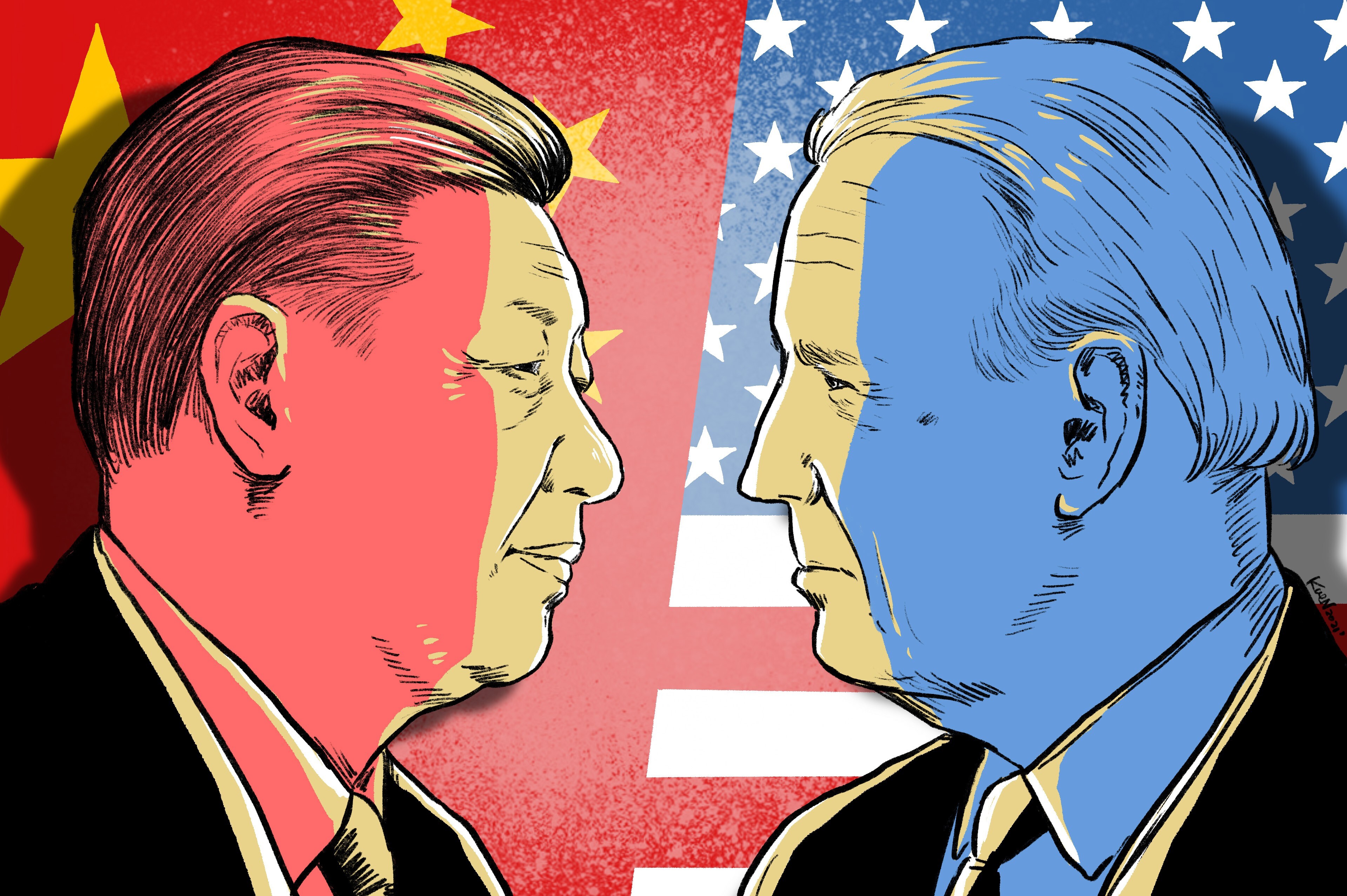
“A change to the status quo through force cannot be allowed.”
This is the Fumio Kishida administration’s stance with regard to the Straits of Taiwan as per its national security policy, which is currently under review until the end of the year. As part of its agreements to normalize relations 50 years ago, Japan promised to “understand and respect” China’s claims to Taiwan. If Japan were to denote the straits as its red line, inserting itself in cross-straits relations, China could see this as both sullying their agreement and Japanese meddling in Chinese affairs.
This will be the first change in Japan’s long-term diplomatic and security strategy on the matter since 2013. Currently, Japan has deemed cross-straits relations as having “both constructive and disruptive elements at play.” China’s military provocations toward Taiwan have always escalated whenever the United States gets involved, whether by sending a senior diplomat to the island or by sending weapons.
China’s Anti-Secession Law lays out the conditions for unification by force, which include an independent force assuring Taiwan’s independence from China; a major event occurring that would bring about independence; or, forceful unification if all possibility of peaceful unification were lost. While it is worrying how arbitrarily China can justify an invasion, provoking them and giving them a reason to strike would not be wise.
Japan has always toed the line with U.S. policy toward China, which the Joe Biden administration considers America’s one true rival. During leadership talks held in the spring of last year, former Prime Minister Yoshihide Suga announced Japan’s intention to strengthen national defense, and this year’s first “2 plus 2” security consultative committee between diplomats from both countries expressed a desire to iron out a shared strategy that would completely unify Japan and America’s position on Taiwan.
During additional talks in May, Prime Minister Kishida also promised to drastically bolster defense spending. As a matter of fact, during defense talks last month, Kishida expressed interest in a way of striking enemy bases. Combined with efforts to exclude China economically, this will surely earn Japan the ire of Xi Jinping.
The ultimate fate of Taiwan must be in the hands of its own people, a viewpoint that diplomatic efforts should continue to champion. However, there are problems when Japan resorts to antagonism and hobbles its ability to negotiate faithfully. There will be more on this issue in the Diet during debates on national security, in addition to attention from the advisory committee that was recently formed. We cannot allow the United States to pressure us down this path during talks.
The purpose of our security treaty with America is to avoid war. It is as important to reach an understanding with one’s adversaries as it is to deter them. If we concentrate only on military might and deny ordinary citizens their say, it will only invite disaster.

Leave a Reply
You must be logged in to post a comment.